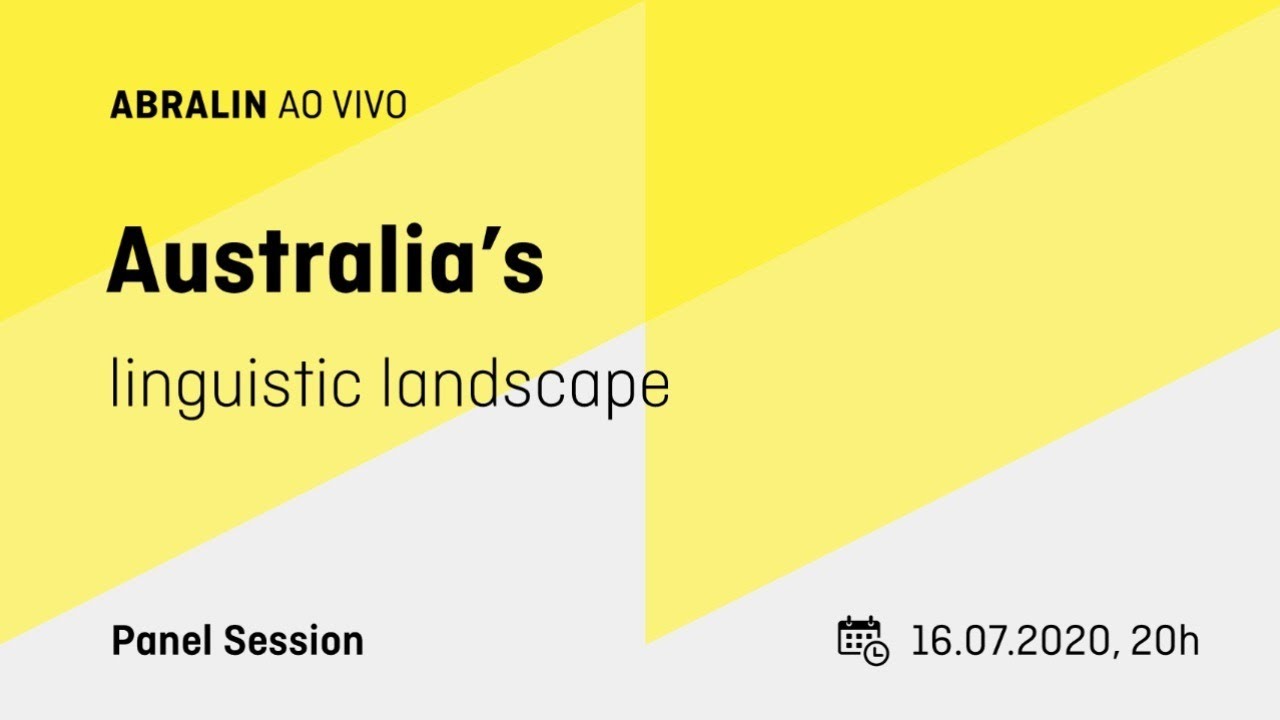Abralin
Moderator:
Ilana Mushin (University of Queensland)
Panellists:
Jaky Troy (University of Sydney
Felicity Meakins (University of Queensland
Kate Burridge (Monash University
John Hajek (University of Melbourne)
Ingrid Piller (Macquarie University)
Australia’s history stretches back at least 60,000 years with ancient settlement by its First Nations Peoples across the vast island country, uninterrupted by further external migration until its colonisation by the British in 1788 and a further explosion of migration from war-torn Europe from the middle 20th century and many other parts of the world since then. The languages spoken in Australia today are reflection of this unique history: First Nations languages capturing the continuity of the world’s oldest living cultures as well as the impacts of colonisation, varieties of English that reflect the mix of British colonial rule over an every increasing diversity of linguistic and cultural heritages; and the languages of more recent migrants that echo the places from whence they came.
This panel will cover the diversity of language use in contemporary Australia both as a reflection of its past and a harbinger of its future.
__
Abralin ao Vivo – Linguists Online is an initiative of Abralin – Associação Brasileira de Linguística in cooperation with several linguistics associations.
For more information about Abralin ao Vivo – Linguists Online, visit: aovivo.abralin.org.
Please consider donating to Abralin’s funding for the preservation of indigenous languages: http://abral.in/donate. __ Abralin ao Vivo – Linguists Online is a project of Abralin – Associação Brasileira de Linguística, with the collaboration of several linguistic associations. For more information about the project, visit aovivo.abralin.org. Please consider donating to Abralin’s fund for the preservation of indigenous languages: http://abral.in/doe.
